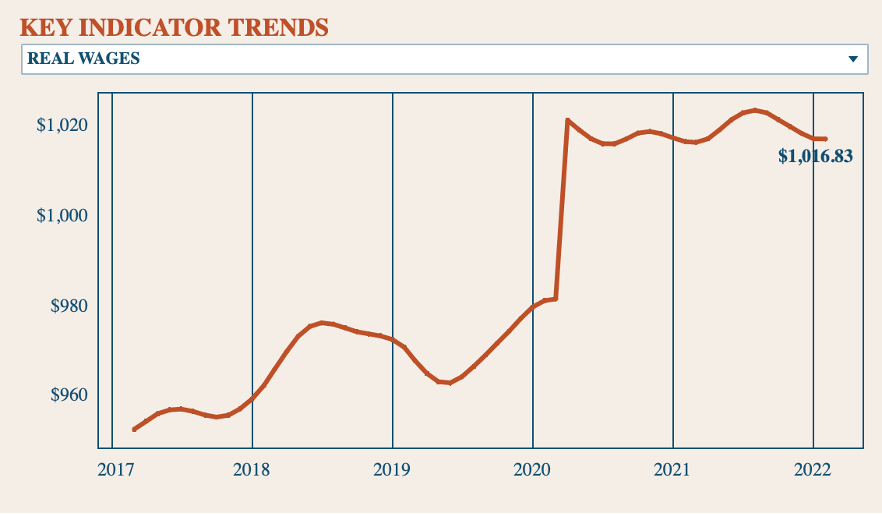North Carolina’s employment situation improved once again last month as the unemployment rate decreased to 3.5% for March according to the latest data from the North Carolina Department of Commerce. The state continues to trend below the national unemployment rate, 3.6% for the month.
In the year leading up to the pandemic, North Carolina often experienced unemployment levels of around 4.0%. Even so, the state’s unemployment rate is now lower than the January 2020 pre-pandemic rate of 3.6%.
The Tar Heel state added 25,123 employed individuals in March, with the highest increases in Construction and Education and Health Services. Since March 2021, Leisure and Hospitality Services and Professional and Business Services saw the largest increases. These sectors also experienced some of the largest employment losses during the pandemic.
The labor force in March rose to 5,030,542 persons, notably close to the January 2020 pre-pandemic level of 5,110,632. The labor force includes both working individuals and unemployed individuals who are looking for work. People who have left the labor force – retirees or nonworking students for example – are no longer looking for work and are not included in this data point. Government shutdowns during the pandemic devastated entire sectors and are at least partially responsible for the smaller labor force as some who left their jobs are no longer looking for work.
Overall the state’s employment situation continues to improve. Unfortunately, however, inflation is accelerating, consuming savings and wage gains.
The graph below shows real (inflation-adjusted) average weekly wages for North Carolina. Since the pandemic’s peak (April 2020), average real wages have decreased slightly using the latest available data.

And the latest data from the Bureau of Labor Statistics shows inflation pressures have intensified.
Economists Stephen Moore and E.J. Antoni calculate that average American earnings have fallen 4.5% since President Biden took office, costing $2,445 a year.
Certain employers are debating wage increases or increased benefits to keep pace. Some of North Carolina’s local governments are considering cost-of-living adjustments.
Inflation isn’t just rising – it’s rising at an accelerated rate. The Consumer Price Index (CPI) increased 1.2% in March, the steepest monthly increase since September 2005. Since March 2021, CPI rose 8.5%, the fastest annual increase since December 1981.
The food index increased 1.0% in March and 8.8% from a year ago. The gasoline index rose 18.3% over the month and 48% from a year ago.
Low-income families’ budgets are stretched most by this acceleration. As prices for necessary household goods and food rise, low-income families have little room to scale their purchases or consider alternate options.
Inflation is a hidden tax on all Americans, bringing disproportionate harm to the poor.
The Biden Administration promises a “fighting chance” to working families while peddling massive tax-and-spend bills that will crush them. The Administration’s blame-shifting to Putin, private companies, and more is insulting. Inflation is homegrown. The American people deserve honesty, leadership with accountability, and fiscal sanity.


